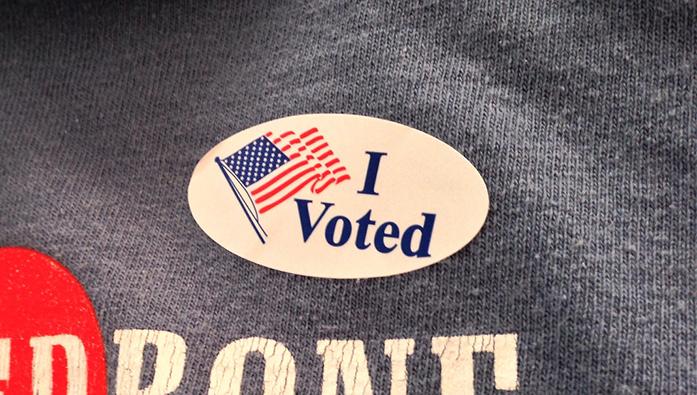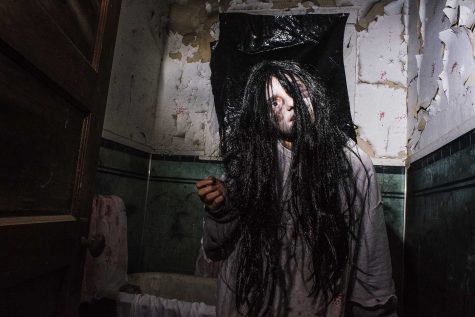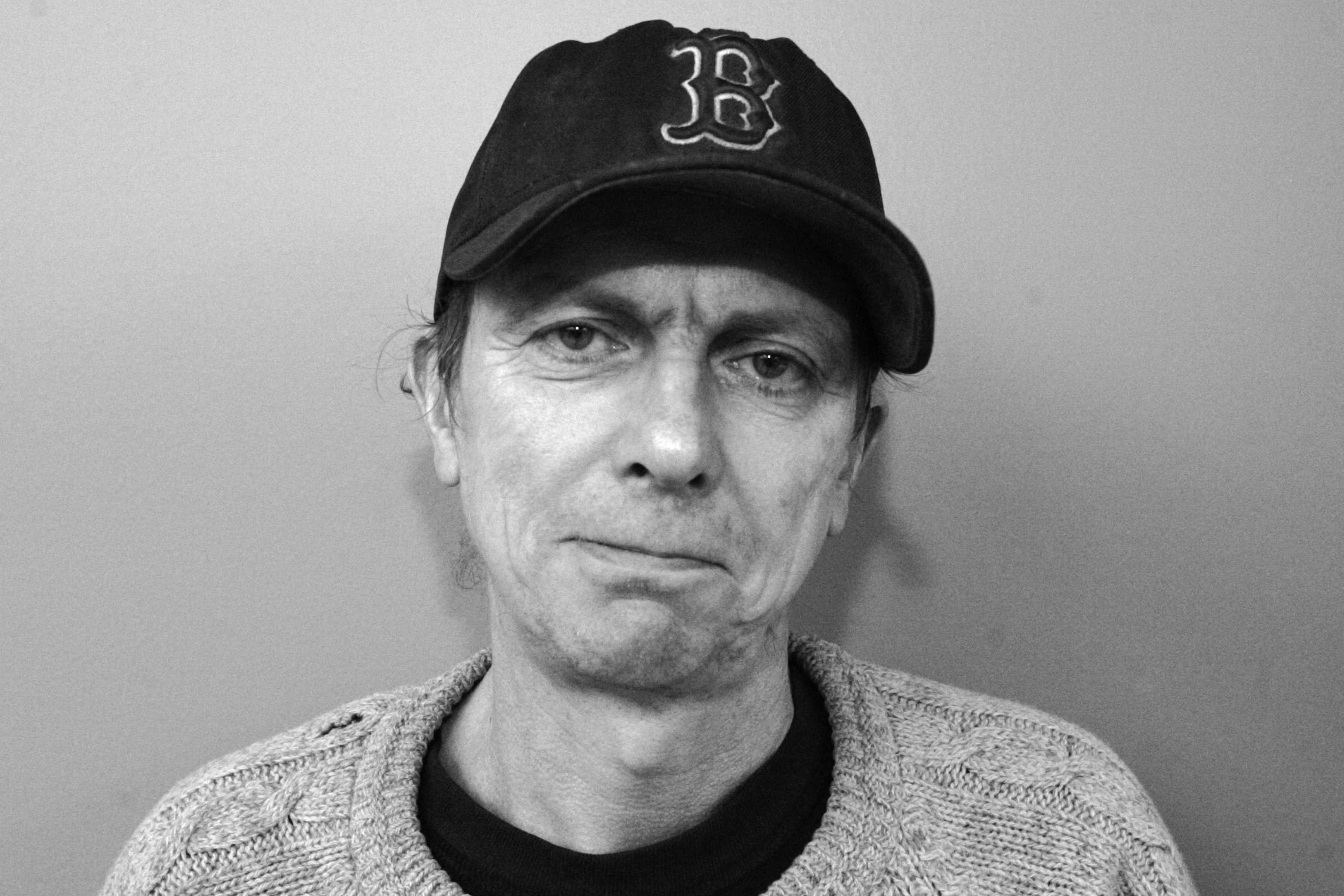Shaw: Native American voting rights are at risk
SCOTUS’s denial to overturn controversial voting law results in disenfranchisement of Native Americans, subjecting them to unequal treatment and oppression in the U.S. yet again.
October 16, 2018
The Supreme Court refused to overturn a controversial voter-ID law in North Dakota on Oct. 9. The biggest controversy: The law only permits residential street addresses on identification cards for voting.
Many Native Americans do not have residential street addresses and subsequently receive vital mail in a PO box the U.S. Postal Service has granted them because of their remote location. As a result, most Native Americans will not be permitted to vote in the midterm elections this November although, just months before, they were permitted to in the primaries, according to NPR.
RELATED: Voter-ID law seen as unnecessary by some Iowa county auditors
The entire basis of this North Dakota statute regarding application forms for a ballot is to prevent voter fraud. However, recent history has shown voter fraud is not, and has never been, a problem in North Dakota, said Secretary of State Alvin Jaeger, who indicated in 2016 that he had never known of any voter fraud. North Dakota District Court Judge Daniel Hovland had previously enjoined enforcement of the law in 2016 and 2018 because he felt it was a direct attack on Native American voting rights.
The high court’s refusal to overturn the law directly aims to disenfranchise a minority group in the U.S., showcasing a blatant disregard for equality in voting and a continued systemic oppression of indigenous peoples. The law is something the entire nation should be worried about because in North Dakota, every vote counts. North Dakotans have an 11.8 percent chance to flip their Senate seat, and the voter-power index indicates a likelihood of 30.6 for an individual voter to determine the majority party, according to FiveThirtyEight.
RELATED: Point/counterpoint: Is Iowa’s voter ID-law beneficial?
Tribal residents are put at a voting disadvantage because in addition to the unfair burden that residential street addresses pose to them, it is also known that Native Americans are the most overrepresented population among the homeless in the United States. The Urban Institute reports one in 200 Native Americans are homeless compared with 1 in 1,000 homeless people in overall U.S. population.
Native Americans are once again being subjected to unequal treatment for something they hold virtually no power over.
In theory, Native Americans can overcome the address obstacle if they present formal letters establishing residency to a tribal group, but this would be extremely difficult to obtain in such little time, especially for the disproportionately homeless. The highest court in the U.S. has completely disregarded the possibility that Native Americans will not have equal opportunities yet again — this time it’s in the voting process by unfairly burdening them with the task of identifying themselves through street addresses they cannot obtain from the Postal Service in less than a month. This unfair burden directly violates the Equal Protection Clause of the 14th Amendment and Section 2 of the Voting Rights Act.
“Section 2 of the Voting Rights Act of 1965 prohibits voting practices or procedures that discriminate on the basis of race, color, or membership in one of the language minority groups identified in Section 4(f)(2) of the Act,” according to the U.S. Justice Department.
The refusal to overturn North Dakota’s voting law NDCC § 16.1-07-06 violates Section 2 because Native Americans are overtly denied equal protection because they are treated in different conditions and circumstances compared with other Americans. The Equal Protection Clause says the government cannot treat people differently from the way it treats other people and their conditions and circumstances, according to the Cornell Law School.
In the end, upholding NDCC § 16.1-07-06 is a disgusting exercise of suppressing the votes of a minority group in the U.S. Native Americans are once again being subjected to unequal treatment for something they hold virtually no power over. We must do better.
Vote.





















